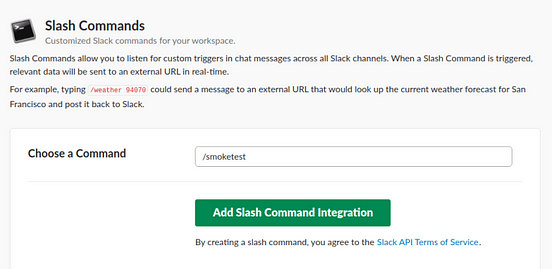

When this variable is set, PATH is also updated to have $JAVA_HOME/bin.įor Subversion-based projects, this variable contains the revision number of the module. If your job is configured to use a specific JDK, this variable is set to the JAVA_HOME of the specified JDK. This is the number you see in the “build executor status”, except that the number starts from 0, not 1. The unique number that identifies the current executor (among executors of the same machine) that’s carrying out this build. This value is used by Jenkins CLI for example Set to the URL of the Jenkins master that’s running the build. Convenient to put into a resource file, a jar file, etc for easier identification. It’s the third column of the Jenkins Dashboard main page. This is the name you gave your job when you first set it up. The name of the node the current build is running on. The URL where the results of this build can be found (e.g. Get configuration of existing Jenkins job.The current build id, such as “_23-59-59” (YYYY-MM-DD_hh-mm-ss, defunct since version 1.597) JenkinsException whenever the job does not exist exception_message – Message to use for the exception.Raise an exception if a job does not exist Parameters: get_build_info ( 'build_name', next_build_number ) > print ( build_info ) )" ) assert_job_exists ( name, exception_message='job does not exist' ) ¶ build_job ( 'build_name' ) > from time import sleep sleep ( 10 ) > build_info = server. get_job_info ( 'build_name' ) > output = server. Get_build_info ( name, number, depth=0 ) ¶ Use this toĭetermine the job number / URL. Running on an executor, or has completed running. The returned dict will have an “executable” key if the queued item is The returned dict will have a “why” key if the queued item is still Get information about a queued item (to-be-created job).


Return the HTTP response body from a requests.Request. jenkins_open ( req, add_crumb=True, resolve_auth=True ) ¶ Print out job info in more readable format. That is roughly an identity method which can be used to quickly verifyĪ job exists or is accessible without causing too much stress on the folder_depth – folder level depth to search int.Get_job_info_regex ( pattern, depth=0, folder_depth=0 ) ¶ Get a list of jobs information that contain names which match the regex pattern. fetch_all_builds – If true, all builds will be retrieved.Maybe_add_crumb ( req ) ¶ get_job_info ( name, depth=0, fetch_all_builds=False ) ¶ resolve – Attempts to resolve and auto-correct API redirection.timeout – Server connection timeout in secs (default: not set), int.Jenkins ( url, username=None, password=None, timeout=, resolve=True ) ¶Īll methods will raise JenkinsException on failure. This is a workaround for (will be fixed in requests 3.0.0) merge_environment_settings ( url, proxies, stream, verify, *args, **kwargs ) ¶Ĭheck the environment and merge it with some settings. WrappedSession ¶Ī wrapper for requests.Session to override ‘verify’ property, ignoring REQUESTS_CA_BUNDLE environment variable. TimeoutException ¶Ī special exception to call out in the case of a socket timeout. BadHTTPException ¶Ī special exception to call out the case of a broken HTTP response. EmptyResponseException ¶Ī special exception to call out the case receiving an empty response. NotFoundException ¶Ī special exception to call out the case of receiving a 404. General exception type for jenkins-API-related failures. See examples at Using Python-Jenkins exception jenkins.


 0 kommentar(er)
0 kommentar(er)
